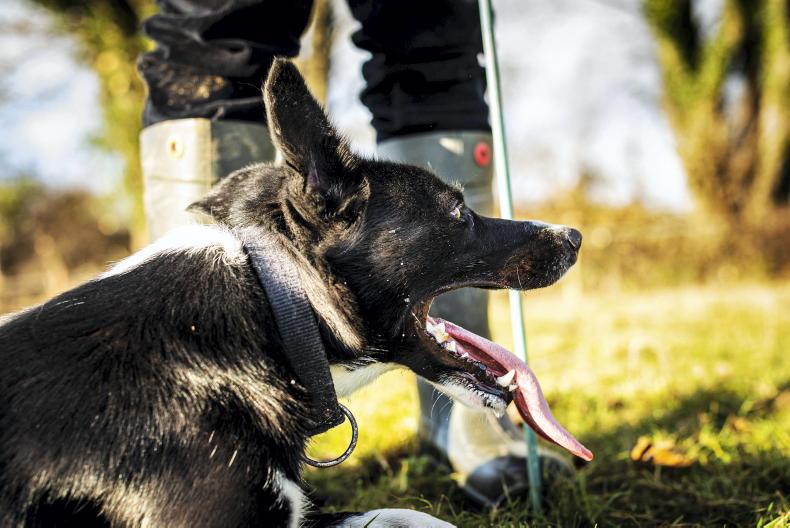A well-trained working dog is worth their weight in gold when it comes to moving and handling livestock.
As a valuable farm labour unit, it is worth putting time and effort into selecting a working dog that best fits your requirements.
With most sheepdogs being sold as pups at 12 to 14 weeks of age, being able to choose the correct pup for you can be a difficult task. Below are some tips when choosing your pup.
Research
Talk to local breeders or farmers who own sheepdogs about where to source a good-quality dog.
With high prices during COVID, a lot of inferior-quality bitches and dogs were bred.
Research breeders who are known to produce working dogs.
Buying a puppy with pedigree-registered parents should give a good indication that that pup will work, although there are also unregistered pups available at a lower price that are an equally capable farm dog.

Regardless of registration status, pups should only be sourced from working parents.
If possible, view the parents working on their own farm or by video to see that they possess the traits that you look for in a working dog (wide outrun, power, easy handled).
Selecting pups from parents that you like will hopefully produce a pup of similar traits.
Health
When viewing the dog, take note of the conditions they are kept in. Pups should have access to clean water, food and fresh, dry bedding.
The coat of the pup should be clean and eyes bright and alert.
The first 10 weeks of a puppy’s life is essential to their behaviour as an adult, with their relationship with humans largely influenced during this period known as socialising.
Well-socialised pups should be eager to come up to you in their kennel, showing interest in new and exciting things. Pups that show signs of fear or anxiety are generally poorly socialised, which may impede their ability to work as a sheep or cattle dog.
It is illegal to sell any dog without them being microchipped. Microchipping has to be completed by a veterinary surgeon and it is during this visit that they receive their first vaccination.
Before collecting your pup, ensure they have been microchipped (plus accommodating certificate) and received their first vaccination.
Pups are highly susceptible to worms, so ask the breeder if the pup has been treated every two weeks, as is recommended.
Pups should be wormed biweekly until 12 weeks of age, then every month up until six months of age.
Price
Prices vary wildly for working pups. Several factors contribute to this, with pedigree status and ability of parents being the most significant.
Bitch pups generally trade for more than dogs, with non-traditional colours such as red/brown and white commanding a higher price as well.
The important thing to remember when it comes to price is that you will hopefully see a working life of 10-plus years from your pup.
What may seem like a steep investment on day one will pay dividends for a working companion that will provide many years of service and friendship.






 This is a subscriber-only article
This is a subscriber-only article











SHARING OPTIONS: